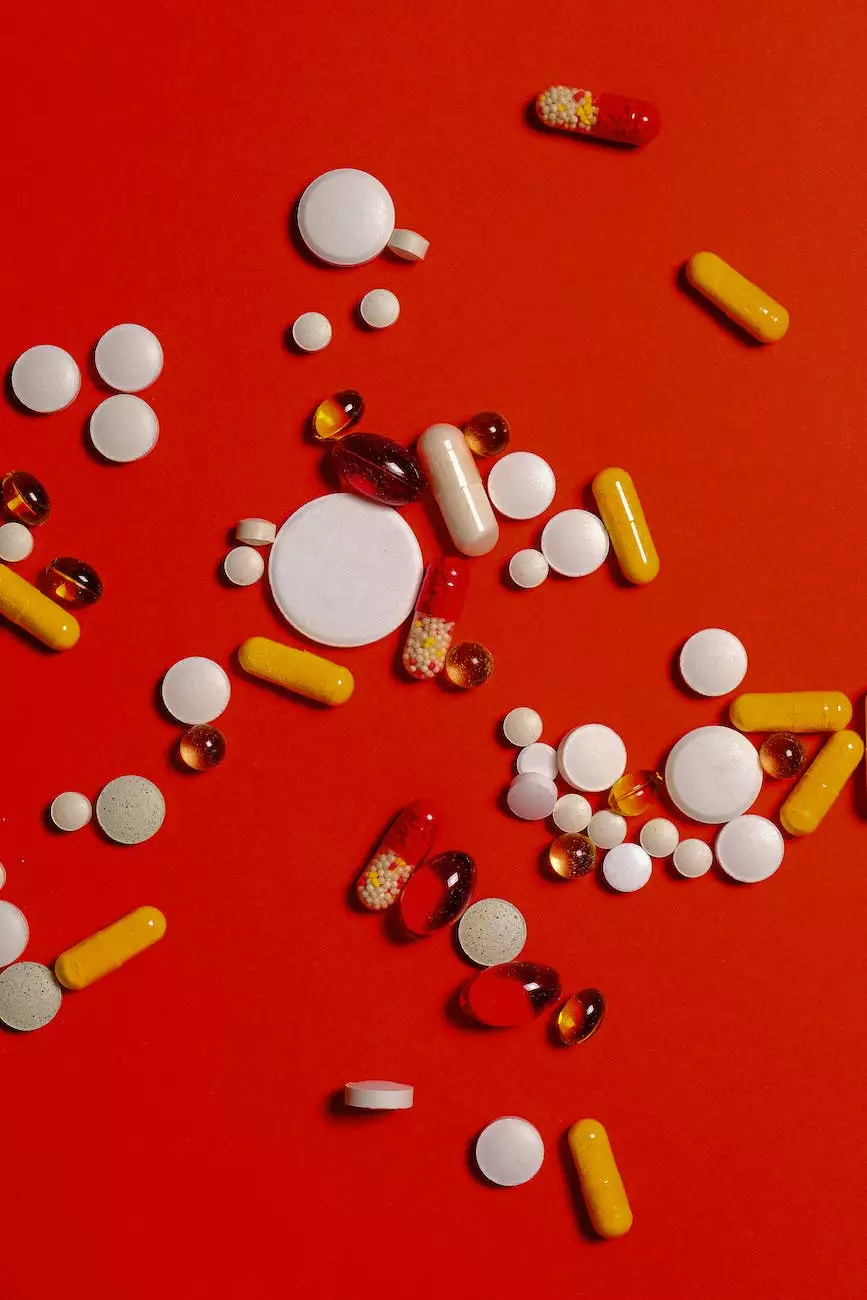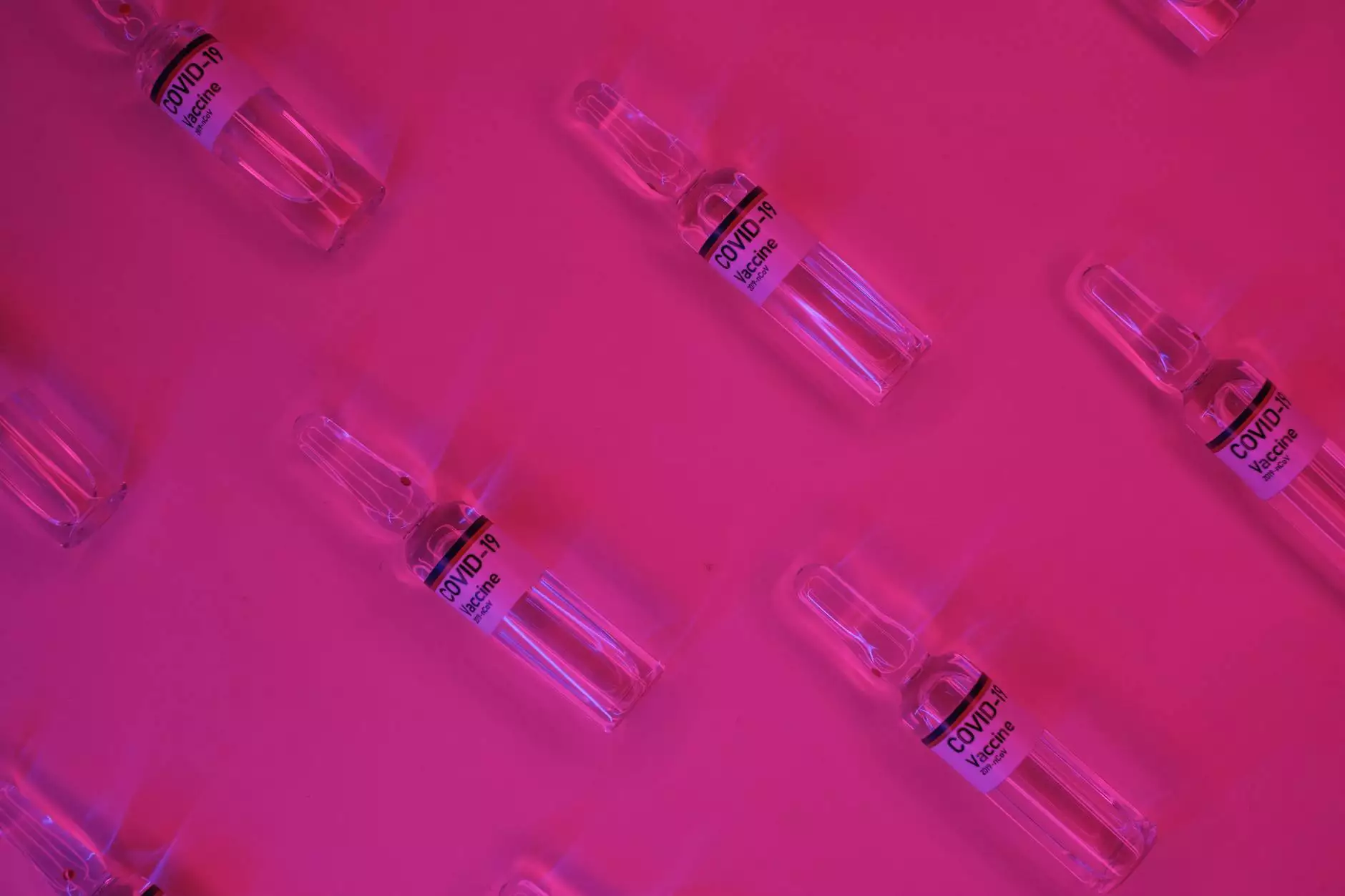How Do Prescription Drug DWIs Differ from Alcohol DWIs in New Jersey
DWI/DUI
Introduction
Driving under the influence (DUI) or driving while intoxicated (DWI) is a serious offense that can have significant legal consequences in New Jersey. However, there are some important distinctions between a DWI involving prescription drugs and one involving alcohol. In this article, we will explore these differences and provide you with valuable insights into the legal implications and consequences associated with each type of offense.
Prescription Drug DWIs
When it comes to prescription drug DWIs in New Jersey, the laws are stringent and treat this offense just as seriously as alcohol-related DWIs. The state considers any substance that impairs a driver's ability to operate a vehicle safely, including prescription medications, as potential grounds for a DUI charge. It's crucial to note that the legality of the prescription drug itself is irrelevant when determining guilt in a DWI case.
If you are caught driving under the influence of prescription drugs, the officer will conduct a series of tests to determine your impairment. These tests may include a field sobriety test, blood work, or urine tests. The presence of certain drugs in your system, even if they are legally prescribed, can result in a DWI charge if they impair your ability to drive safely. It's important to consult a skilled DWI attorney to understand the complexities surrounding these cases.
Alcohol DWIs
Alcohol-related DWIs are more commonly known and understood by the general public. In New Jersey, the legal limit for blood alcohol concentration (BAC) is set at 0.08%. If a police officer suspects that you are operating a vehicle under the influence of alcohol, they may administer roadside sobriety tests, such as a breathalyzer test, to measure your BAC and determine your level of impairment.
Alcohol affects the body differently than prescription drugs, and the signs of impairment can be more evident. Slurred speech, unsteady gait, and the strong odor of alcohol on the breath are common indicators of alcohol intoxication. It's important to note that refusal to take a breathalyzer test in New Jersey can lead to automatic suspension of your driver's license and other legal consequences.
Legal Implications
Both prescription drug DWIs and alcohol DWIs have severe legal implications in New Jersey. If convicted, you may face fines, license suspension, mandatory installation of an ignition interlock device, community service, probation, and even imprisonment. The severity of the penalties can vary depending on factors such as your previous offenses, BAC level, and whether the offense resulted in any accidents or injuries.
Consequences
Aside from the legal consequences, both prescription drug DWIs and alcohol DWIs can have long-lasting effects on various aspects of your life. A DWI conviction can tarnish your reputation, make it difficult to secure employment, and significantly impact your auto insurance rates. Moreover, the psychological and emotional stress that accompanies a DWI charge can be overwhelming.
For prescription drug DWIs, it's important to note that even if you have a valid prescription for the drugs found in your system, you may still face a DWI charge if they impair your ability to drive safely. It is imperative to seek legal counsel from an experienced DWI attorney to minimize the potential consequences associated with these charges.
Contact The Skiendziul Law Firm
If you have been charged with a prescription drug DWI or an alcohol DWI in New Jersey, it is crucial to seek professional legal representation. The Skiendziul Law Firm has extensive experience in handling DWI cases and can provide you with the guidance and support you need during this challenging time. Our team of dedicated attorneys will review the details of your case, challenge any questionable evidence, and work tirelessly to achieve the best possible outcome. Don't navigate the complex legal system alone - contact The Skiendziul Law Firm today to protect your rights and secure your future.










